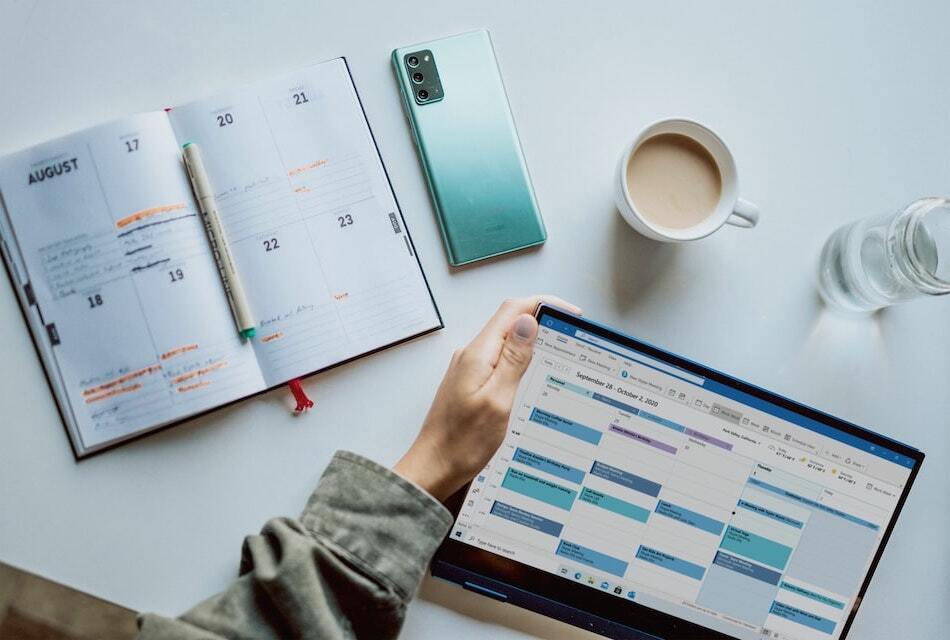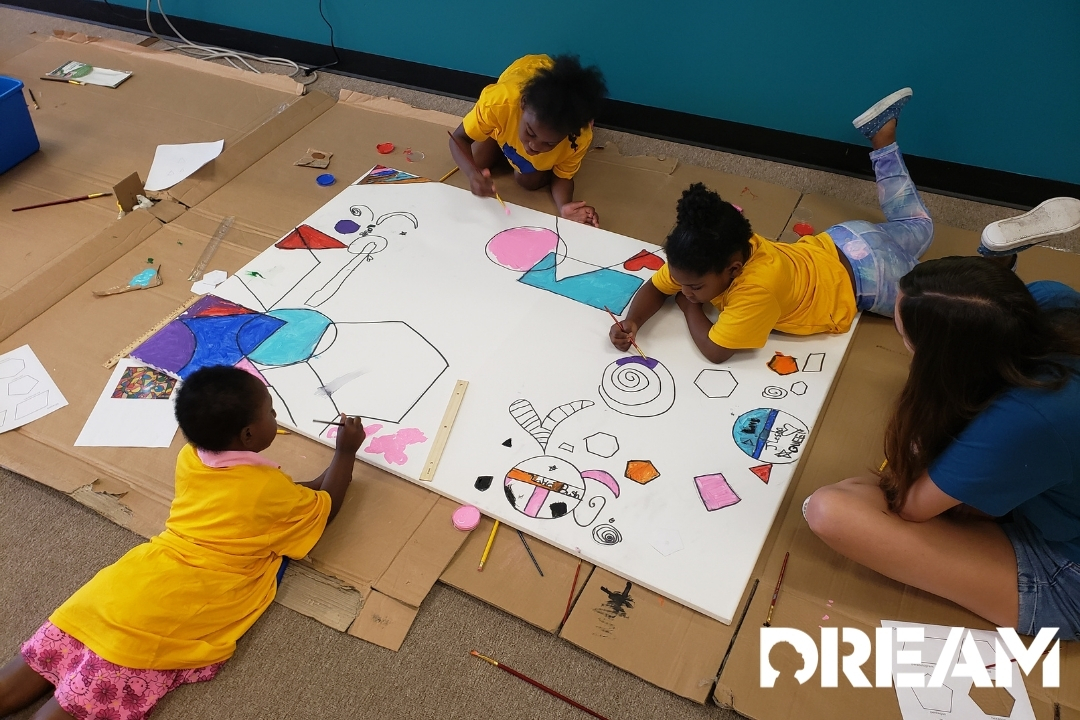Aristotle said, “We are what we repeatedly do. Excellence, then, is not an act, but a habit.”
When it comes to living a positive lifestyle, our habits can either make or break us. Habits decide our physical health, emotional well-being and even our outlook on life.
But when it’s time to start a new healthy habit, it can be pretty difficult. If you want to start the new year with a habit that will actually stick, check out these tips to get started.
1. Use a trigger.
All habits—negative or positive—come from a triggering action. A trigger automatically initiates a behavior and leads you to do something else. Using cues like time of day, place and circumstance with your trigger will increase the likelihood that your habit will stick. Use the trigger process to remind yourself when developing a new habit. A good reminder encodes your new behavior in something that you already do. For example, “Before breakfast and after I shower, I will meditate for five minutes every day.” By incorporating your new habit into behaviors you already practice, it will be easier to remember.
2. Start small with your habits.
Lasting change is a product of daily habits, not once-in-a-lifetime transformations. It’s important to start your habits small so they’re easier to manage and can grow through time. First, decide what you want your new habit to be. Then, ask yourself how you can make this behavior so easy you can do it without thinking. Slowly build on that simple task, stick to a sustainable pace and be patient—big changes take time.
3. Keep a larger goal in mind.
Keep your immediate goals small but remember to dream big for the future. Decide on your ultimate larger goal, and then develop a plan with smaller steps to get there. Make bigger goals a reality by doing a little work each day to achieve them. By establishing your larger goal, you’ll have something set in mind while working every day on small steps. For example, if your goal is to write a book, start by journaling 10 minutes every day, then incrementally increase the time and effort you put into writing.
4. Reward yourself.
It’s important to stay positive while creating new habits, and the best way to do this is by rewarding yourself for even the smallest of victories. If you complete an action and have a positive reward at the end of it, you’re more likely to do that same action again and form a routine. Repeat this routine enough, and it becomes a habit. Reward yourself each time you practice your habit. This can be something as simple as congratulating yourself or getting yourself a treat.
5. Get back on track quickly.
Nobody’s perfect, and you won’t be perfect when you’re developing a habit. It’s okay to make mistakes, but it’s important to get back on track quickly when you do. Abandon the all-or-nothing mentality—instead, plan for failure. Missing a habit once or twice is OK, but be consistent enough to not do it repeatedly and return to the behavior as soon as possible. Focus on building the identity of someone who never misses a habit twice. Examine where your habit breaks down, then incorporate an if-then scenario. For example, “If I forget to meditate in the morning, then I will meditate for five minutes when I get home from work.”
On average, a new habit takes 30 days to develop, so don’t be discouraged if you struggle at first. Stay positive, focus on the goal and your new habit will get easier. Good luck in the new year!






